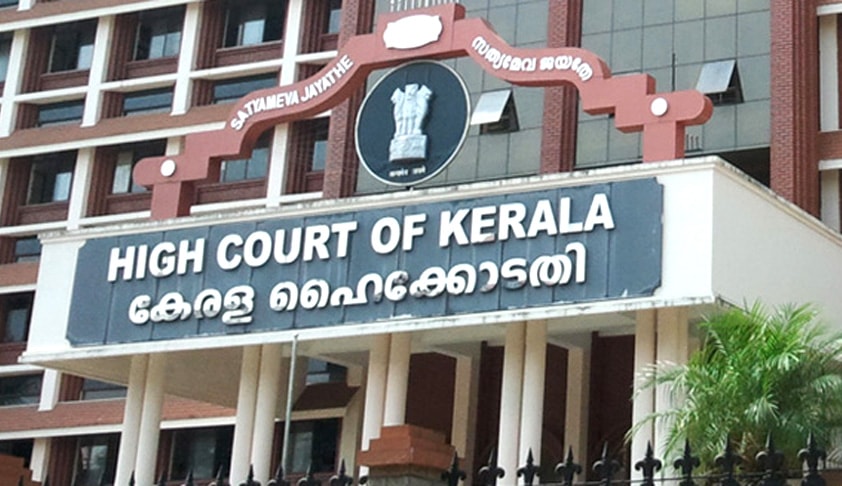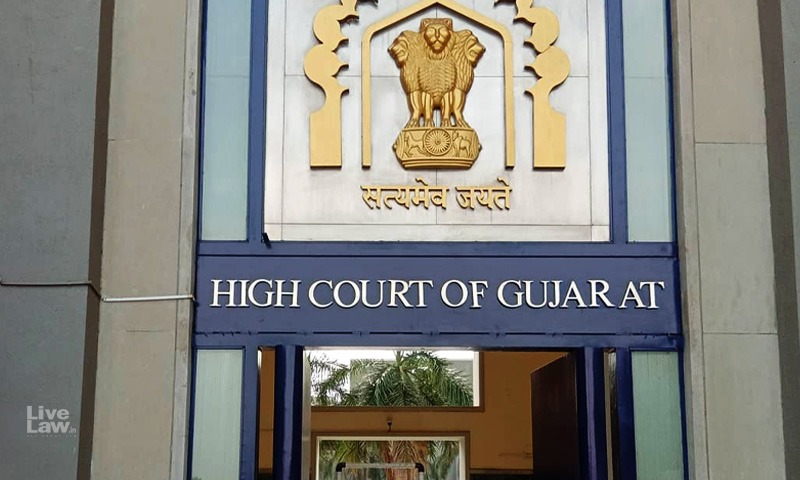Das Gupta, J.@mdashThe question in this case is whether the petitioners'' suit u/s 36 of the Bengal Money Lenders Act should fail, because of the provision of sub-section 5 thereof protecting an assignee for value in certain circumstances from the operation of the Act. The decree which the petitioners want to have reopened was passed in circumstances which may conveniently be described in the words of the judgment of this Court in the case of
On the 9th June, 1927, the Defendant No. 2, Jogesh Chandra Chunder executed a simple mortgage bond in favor of Defendant No. 1. Sailen Chand Dutt, in respect of premises Nos. 9 and 10, Karim Bux Lane, to secure a loan of Rs. 15000 with interest at Rs. 10 per cent per annum with quarterly rests.
On the 26th November, 1928, the Defendant No. 1, borrowed from the Plaintiffs Rai Taritbhusan Roy Bahadur and Pulin Krishna Roy, a sum of Rs. 6,000 on a promissory note, with interest at 10 per cent per annum with quarterly rests and as collateral security deposited the said mortgage bond dated the 9th June, 1927. On the 23rd July, 1930, the Defendant No. 1, borrowed a further sum of Rs. 1,431-10 annas only and to secure the sum due on his original loan and the new advance aggregating a sum of Rs. 8,500 executed an indenture of English mortgage, agreeing to pay interest at 10 per cent per annum with quarterly rests.
2. The Defendant No. 1 sued Defendant No. 2 on his mortgage in Title Suit No. 209 of 1930 and recovered a preliminary decree on the 31st July, 1931, which was made final on the 16th May, 1932, for a sum of Rs. 18,741 annas 4 only. In execution of this decree the Defendant No. 1, auction-purchased the said mortgaged properties for Rs. 11,500 on the 14th August, 1937, in Title Execution Case No. 107 of 1935.
3. On the 30th July, 1932, the Plaintiffs sued for enforcement of their mortgage in Title Suit No. 189 of 1932, impleading Defendants Nos. 1 and 2. On the 18th August, 1933, the plaintiffs obtained a preliminary decree. The preliminary decree as drawn up did not reserve a liberty to apply for a supplemental decree under Order 34, rule 6, Civil Procedure Code. By an order, dated the 23rd June. 1934, the preliminary decree was amended and the Plaintiff was found to be entitled to recover Rs. 9,094 annas 7 only as principal with compound interest at the bond rate up to the 30th January, 1932, with further interest at 6 per cent per annum till realization. The amended preliminary decree was made final on the 7th July, 1934. In execution of this decree the plaintiffs auction-purchased the said properties for Rs. 11,565 on the 26th January, 1938, in Title Execution Case No. 33 of 1937. This sale was set aside on the 7th January, 1939, as a result of proceedings under Order 21, rule 90, Civil Procedure Code. Meanwhile on the 13th June 1936, the deity Sri Sri Sridhar Salagram Thakur, through one of the Shebaits filed a suit (Title Suit No. 1 of 1936. 1st Additional Subordinate Judge at Alipore), against the plaintiffs Defendants Nos. 1 and 2. On the 24th March, 1938, the Court by its decree declared inter alia that the said mortgaged properties were inalienable debuttar property of the deity, that the mortgages in favor of the plaintiffs and Defendant No. 1 were not binding on the deity, and that the decrees passed in Title Suits Nos. 209 of 1930 and 189 of 1932, were not binding on the deity.
4. The plaintiffs and Defendant No. 1, preferred two appeals to this Court; both the appeals were dismissed by this Court on the 20th June, 1941, the judgment is reported as Tarit Bhusan Rai v. Sri Sri Iswar Sridhar Salagram Shila, (2) (45 C.W.N. 932). On the 12th January, 1942, the plaintiffs filed a petition under Order 34, rule 6, CPC praying "for a personal decree for the entire decretal amount with interest and costs against the Defendant No. 1 Sailen Chand Dutt."
5. The Defendant No. 1 filed a petition of objection, inter alia, on the grounds first, that as the mortgaged properties were not sold in execution of the decree under Order 34, rule 5, Civil Procedure Code, Or. 34, rule 6, CPC was not applicable: secondly, that the application for a personal decree was barred by limitation.
6. The objections were overruled by the Court below, and a personal decree under Order 34, rule 6, CPC was passed for a sum of Rs. 14.407 annas 2 pies 9 and for costs, Rs 61 as 5 pies 9 only."
7. The present suit has been brought when that personal decree was in the process of execution on the Original Side of this Court. The learned Subordinate Judge was of the opinion that but for the provision of section 36(5) of the Bengal Money-Lenders Act the petitioner was entitled to have the decree reopened; but as the Defendant, the holder of the personal decree was an assignee, the Act would have no application and in that view he dismissed the suit.
8. It is contended before us that as the decree was not in respect of the debt that had been assigned, the bar of section 36(5) does not apply. This contention, in my opinion, should succeed. Section 36(5) is in these words:
Nothing in this section shall affect the rights of any assignee or holder for value if the Court is satisfied that the assignment to him was bona fide, and that he had not received the notice referred to in clause (a) of subsection (1) of section 28.
9. The relevant portion of section 28 is in these words:
Where any debt in respect of--
(1) a loan advanced by a lender, whether before or after the commencement of this Act. or
(ii) interest on any such debt, or
(iii) the benefit of any agreement made, or security taken, in respect of any such debt or interest, is assigned to any person, the assignor (whether he is the lender by whom the loan was advanced or any person to whom the debt has been previously assigned) shall, before the assignment is made--
(a) give to the assignee notice in writing that the debt, interest thereon, agreement or security is affected the operation of this Act.
10. In Promode Kumar Roy v. Nikhil Bhusan Mukhopadhay, (3) (53 C.W.N. 416), their Lordships of the Privy Council held that if the mortgage debt was assigned the assignee would get the protection of sub-section 5 of section 36 of the Bengal Money-Lenders Act and the protection was not limited to only assignment of the mortgage decree.
11. Nothing said by their Lordships in that case nor the words of the section can, in my opinion, justify the conclusion that where a decree has been obtained not on the basis of the assignment but quite apart from it the mere fact that the decree-holder happens to be an assignee of some other debt will bring into operation the protection of section 36(5). The scheme of law clearly is that if a debt is affected by the Act and still assigned, the assignee should not suffer what the assignor would have suffered in respect of that debt unless notice has been given in the manner mentioned in the statute. The protection given is in respect of the debt that has been assigned. In the present case, a personal decree has been obtained by the assignee against the assignor in respect of the debt incurred by the assignor and not in respect of the debt assigned. Section 36(5) has, therefore, no application at all.
12. It was contended, however, on behalf of the opposite parties that as the personal decree was passed after the Money-Lenders Act came into force section 36 of the Bengal Money Lenders Act can have no application. This very argument was advanced in the case of Sk. Md. Abdul Alias Abed v. Altaf Hossain, (4) [Civil Revision Case No. 309 of 1943 (unreported)-- Ed.], and their Lordships Mukherjea and Pal, JJ., decided that the contention should not succeed and that there is nothing in section 36 of the Bengal Money-Lenders Act as it stands which makes its provision inapplicable to decrees made in suits brought after the Act came into force.
13. I have, therefore, come to the conclusion that the learned Judge wrongly refused to exercise jurisdiction in this case and that his order should be revised and the decree should be reopened for giving relief under the Bengal Money-Lenders Act.
14. It is agreed before us by the learned Advocates on both sides that the proper decree that should be passed on reopening of the personal decree, dated 8.5.43. is a decree for Rs. 13,363-4 with the costs of the suit and that this amount should be made repayable in five annual installments.
15. I would accordingly set aside the order passed by the learned Court below and reopen the personal decree and pass a decree for Rs. 13,363-4-0 together with costs of the trial Court, the whole amount being repayable in five annual installments--the first starting from Chaitra, 1361 B.S. Parties will bear their own costs in this Court.
Debabrata Mookerjee, J
I agree.

